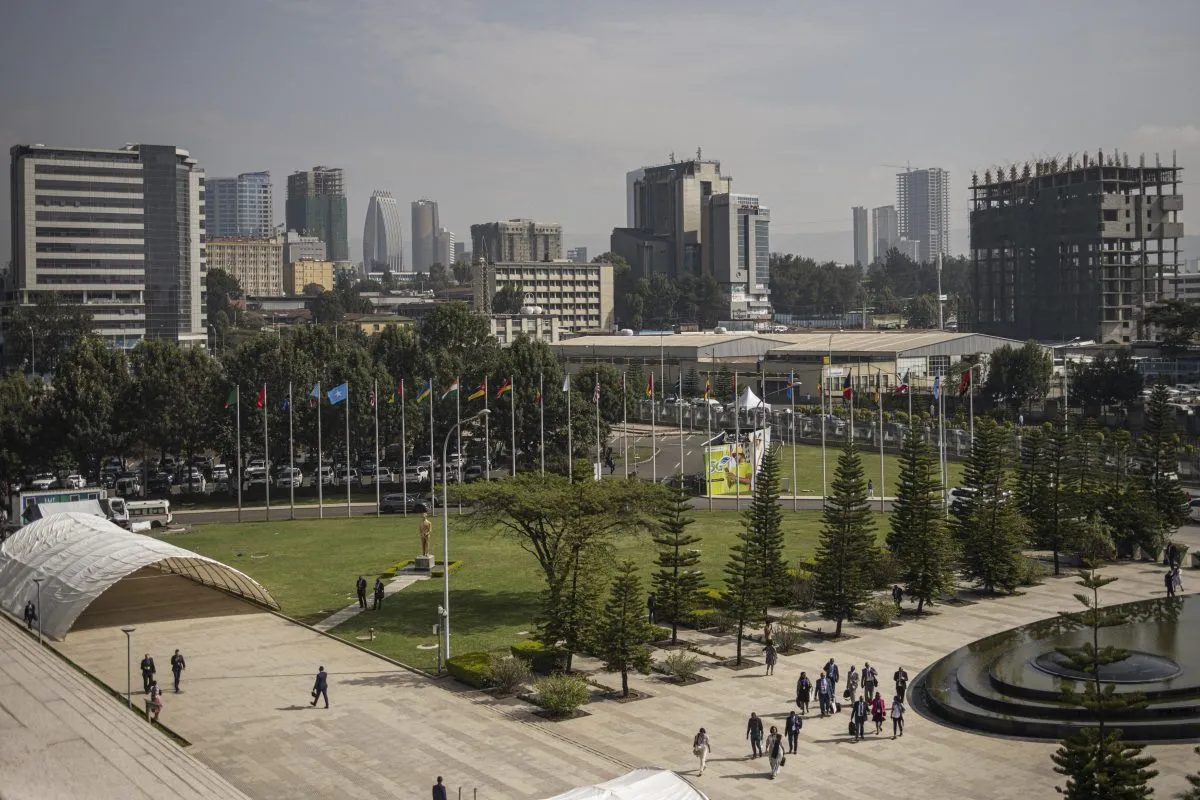
Almost exactly one year ago, I wrote an editorial headlined: African DFIs face existential threat. This was in relation to the strong ‘insider rumours’ that the world’s largest multilateral development banks (MDBs) such as the World Bank, the IMF and others of their ilk were discussing the withdrawal of the preferred creditor status (PCS) of African multilateral financial institutions (AMFIs).
To recap: the PCS is an agreement between the lending institution and the borrowing client (usually a sovereign country, but also including parastatals and other organisations) that it will have first priority when it comes to repayment. This is even if the borrower is distressed and seeking restructuring of its debt – which often involves asking for more time and in some cases, additional support finance.
This arrangement is in sharp contrast to transactions with a commercial bank or other financial institutions, which are required to conduct due diligence before extending credit to borrowers – private or sovereign.
They are deemed to have assessed the risks involved in case repayment is delayed or the client is unable to meet obligations, and to have accepted the risks. Such creditors adjust their interest rates according to how big or small they perceive the risk to be. If all goes well, they enjoy very healthy returns on their capital, if not, they bear the brunt of the loss.
But when it comes to MDBs, which are essentially development and emergency financiers, such an arrangement could not work as the risk perception is usually high when they intervene and yet they are required to make their loans at below market rates (concessionary) to help sovereigns emerge from their financial woes or undertake often essential infrastructure projects. In short, they lend a helping hand to countries in their development efforts.
But this creates a conundrum. What if the debtor is profligate or simply refuses to pay back even the interest due? Unlike a company, a country cannot be declared bankrupt and have its assets seized. This could cripple an MDB, which depends on its shareholders (often nation states) for its capital. How to apply pressure to debtors to do whatever it takes to fulfil their obligations?
The happy mean that emerged is the PCS which is accorded, by mutual agreement, between the creditor and the debtor. At any time, a country will have borrowed from several sources both domestically and externally, with payments becoming due at various times. If it has made a PCS agreement with an institution, it will first pay that institution and then seek to clear its other obligations.
Protection against risk
In short, the PCS is a form of protection. It ensures that a lender’s capital remains liquid and gives it the confidence to extend credit even when the risk perception is relatively high, and intervene in markets where others may refuse to.
All the major MDBs as well as African MFIs such as the African Development Bank (AfDB), Afreximbank, the Trade and Development Bank (TDB), the West African Development Bank (BOAD), the East African Development Bank (EADB), and several others enjoy PCS. This also means that they are perceived as less risky and they are able to borrow at lower rates
and on-lend to their member countries at very reasonable rates.
In addition, it allows them to finance vital infrastructure, and step in to even out trade financing, which is the lifeblood of many economies. As we have seen with Afreximbank’s critical interventions when Africa was hammered by Covid-19, or during the recent polycrisis involving supply chain disruptions resulting from the Ukraine-Russia war, a sky-high cost of living, galloping inflation and a crippling aid squeeze, the continent was able to ride out such storms and remain more or less intact.
Contrast this with the IMF conditionalities which required Kenya to place a mountain of new taxes on a public that was already groaning under the weight of the high cost of living. The result was
nationwide protests, demonstrations, riots and deaths before President William Ruto was forced to withdraw the measures.
In June a research note from JP Morgan and Chase Bank suggested that the smaller African MFIs, such as Afreximbank, should lose their PCS because of ‘tensions’ with the larger MDBs. Given that JP Morgan is credited with having insider knowledge of the thinking of MDBs, this seems to be the thin edge of the wedge to try and essentially downgrade African MFIs to ordinary commercial banks.
There is no rationale or logic in this – apart from once again singling out Africa for harsh, unfair treatment. The MFIs have proved themselves sturdy lifeboats for African countries struggling to keep their heads above water; we should resist all attempts to blow holes in the hulls of these boats and sink them – and in the process drown the hopes and aspirations of millions of the continent’s youth.
Want to continue reading? Subscribe today.
You've read all your free articles for this month! Subscribe now to enjoy full access to our content.
Digital Monthly
£8.00 / month
Receive full unlimited access to our articles, opinions, podcasts and more.
Digital Yearly
£70.00 / year
Our best value offer - save £26 and gain access to all of our digital content for an entire year!

 Sign in with Google
Sign in with Google 



